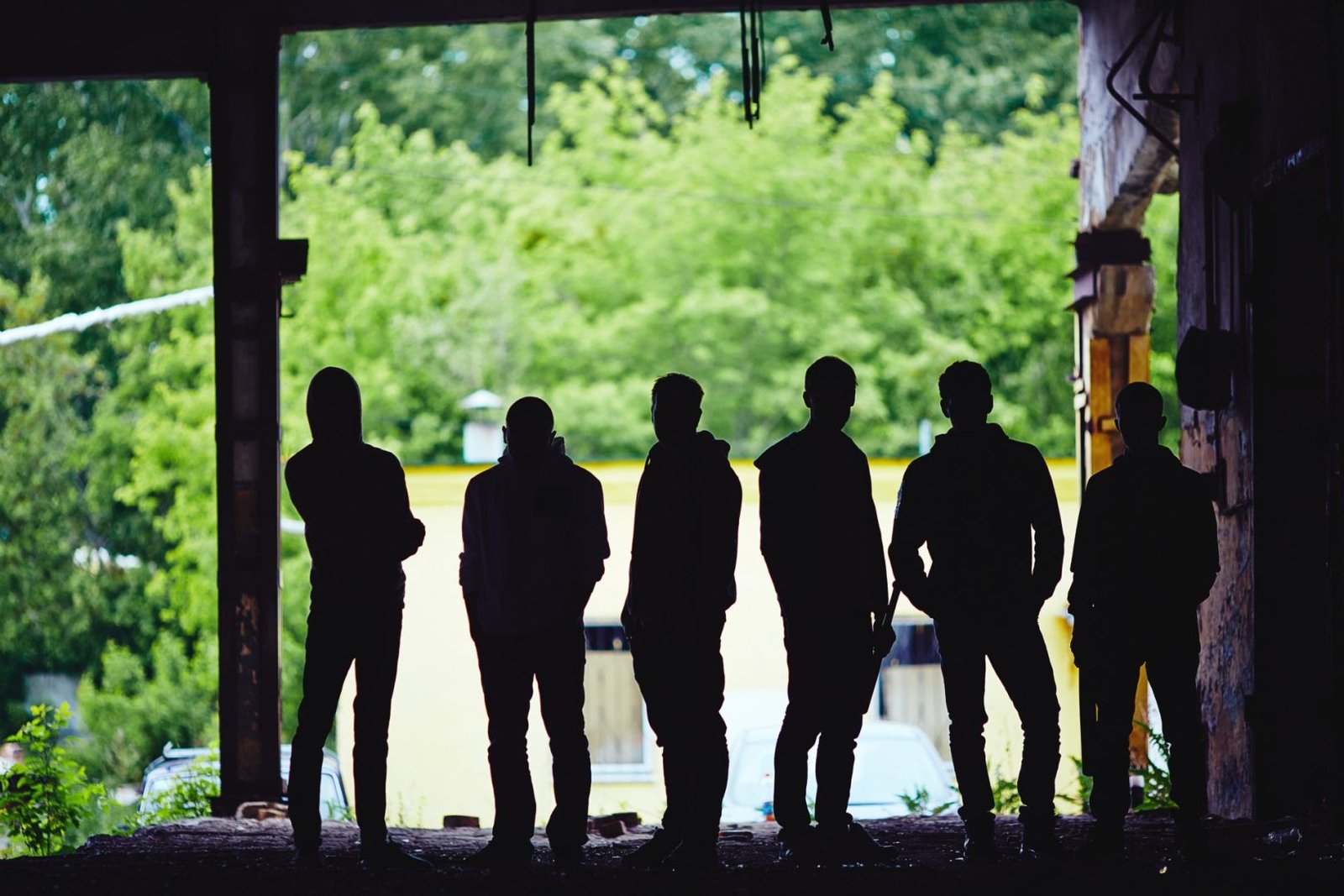How Bankroll Freddie’s sentencing impacts hip-hop culture

Rapper Bankroll Freddie, born Freddie Demarus Gladney III, has been sentenced to 12.5 years in prison following multiple charges related to drug trafficking and firearms possession. This sentencing comes after a federal investigation that led to his arrest in 2022 during a crackdown on gang-related activities in Arkansas.
Details of the charges
According to reports from Complex and Arkansas Online, Bankroll Freddie faced charges distributing marijuana and other controlled substances. Additionally, he was charged with possessing firearms in connection with drug trafficking and utilizing communication devices for trafficking purposes.
The rapper’s arrest was part of a larger federal operation targeting the Every Body Killas (EBK) and Loady Murder Mobb gangs, which reportedly involved the distribution of various drugs, including cocaine, crack, meth, and marijuana. During the operation, authorities apprehended 34 members of the EBK gang, including Freddie’s father, Freddie Gladney Jr.
The context of the arrest
Bankroll Freddie’s legal troubles began in November 2022, when he was arrested during a federal operation aimed at dismantling gang activities in Arkansas. Investigators discovered that the EBK gang was allegedly funding their operations primarily through marijuana sales. Court documents revealed that Freddie was found in possession of several firearms at the time of his arrest, further complicating his legal situation.
Social media reactions
The news of Bankroll Freddie’s sentencing has sparked a wave of reactions on social media, particularly on platforms like Instagram. Users expressed their disbelief and concern over the increasing number of rappers facing legal issues. One user commented, “all dese rappers getting sentenced 😭😭😭,” highlighting a growing sentiment among fans about the challenges faced by artists in the industry.
Another user questioned the lack of awareness surrounding Freddie’s legal troubles, stating, “NOBODY AINT TELL ME NOTHING! When he went to jail?” This reflects a broader conversation about the visibility of artists’ personal lives and the impact of their legal issues on their careers.
Some users criticized the current state of hip-hop, with one remarking, “Dang, these new rappers need to start capping like the rappers in the 90s did. Fake it even when you make it.” This comment suggests a longing for the days when artists were perceived to maintain a certain image, contrasting with the current reality where many face serious legal challenges.
Another user expressed frustration with wealthy rappers, stating, “Ion understand these rich rappers like WAT ARE U DOIN??‼️‼️‼️ LIVE YO LIFE💯💯 they cant even do that.” This sentiment underscores the disconnect between the lifestyle portrayed in hip-hop culture and the legal realities that some artists face.
The broader implications for hip-hop
Bankroll Freddie’s sentencing is not just a personal setback; it reflects a troubling trend within the hip-hop community. As more artists find themselves entangled in legal issues, questions arise about the pressures and challenges that come with fame in the music industry. The glorification of street life in rap music often clashes with the harsh realities that many artists face, leading to a cycle of legal troubles that can derail promising careers.
Moreover, the sentencing of prominent figures like Bankroll Freddie serves as a cautionary tale for aspiring artists. It highlights the importance of making wise choices and understanding the potential consequences of one’s actions. As the hip-hop community continues to evolve, it must confront these challenges head-on to ensure a healthier future for its artists.










